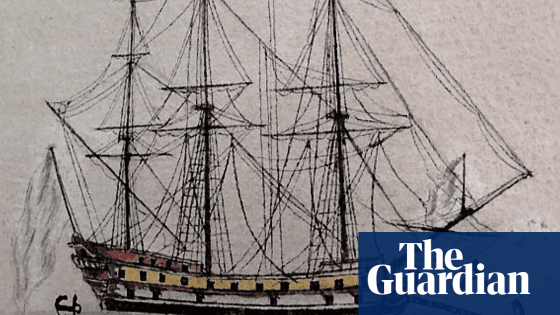An 80-year-old US novelist and her husband are facing legal troubles in France over the illegal sale of gold bars from an 18th-century shipwreck. On 2025-07-03 16:48:00, French prosecutors requested a trial for Eleonor “Gay” Courter and her husband, Philip, 82, who are accused of facilitating the sale of stolen bullion online.
- 80-year-old novelist faces trial in France
- Accusations of selling stolen gold bars
- Shipwreck of Le Prince de Conty in 1746
- Gold bars discovered and looted in 1975
- Investigators link sales to Gay Courter
- Trial likely set for autumn 2026
The couple has denied any wrongdoing, claiming they were unaware of the gold’s origins. The gold bars were taken from the wreck of Le Prince de Conty, which sank off Brittany’s coast in 1746, and were looted shortly after its discovery in 1974.
This case highlights the complexities surrounding underwater archaeology and the legal implications of treasure hunting. How can individuals ensure they are not unwittingly involved in illegal activities? The situation raises important points for consideration:
- Legal frameworks for treasure hunting vary significantly across countries.
- Public awareness is crucial to avoid unintentional involvement in illegal sales.
- The historical significance of artifacts complicates ownership claims.
- Investigations can take years, impacting all parties involved.
As this story unfolds, it serves as a reminder for treasure hunters and collectors alike to stay informed about the legalities surrounding historical artifacts. Will this case prompt changes in how treasure hunting is regulated worldwide?

































